|
 Olivier Douliery/Getty | |||
| We still don’t know who will be president come January 20, 2021. But as of Wednesday afternoon, there are three certainties on the climate front. First: As of a few hours ago, the United States has officially left the Paris Agreement, the international community’s leading plan to slow global warming. As TNR’s Kate Aronoff notes, President Trump last fall delivered on one of his key campaign promises by filing notice to withdraw from the deal. Now the exit is complete. If Trump ends up winning this election, the U.S. will go another four years without coordinating with the world to stave off catastrophe. If Biden wins, the U.S. could reenter the deal as soon as February—but a solely symbolic move could be counterproductive. “The risk,” a climate activist told Kate, “is that the U.S. will use their reinstatement politically, to push and reinforce the application of false solutions, such as carbon markets, that will dangerously delay climate action” and spread the “false global public idea that the problem is being addressed.” Rebuilding U.S. climate diplomacy will require serious, concrete commitments.
—Heather Souvaine Horn, deputy editor | |||
| Advertising  | |||
 | |||
 | |||
| Slate handily wins the title for best election night coverage (let’s face it, cable news was nonsensical), with a roundup of random odd headlines, three of which had to do with whales. It’s not all, strictly speaking, good whale news, but an improvised Sri Lankan rescue team did save over 100 whales after a mass beaching. | |||
 | |||
| Ethiopia is on the brink of civil war, with Prime Minister Abiy Ahmed ordering an attack on the Tigray People’s Liberation Front in the north. The region is highly vulnerable to climate change, which can cause crop failures that lead to food shortages, and studies have long shown that global warming and armed conflict can be mutually reinforcing. | |||
 | |||
 | |||
| That’s the number of environmental rules and regulations The Washington Post reckons the Trump administration has weakened or eliminated so far, “with 40 more rollbacks underway.” | |||
| Advertising  | |||
 | |||
| Support Independent, Issue-Driven Journalism | |||
| | |||
| Copyright © 2020
The New Republic, All rights reserved. | |||

